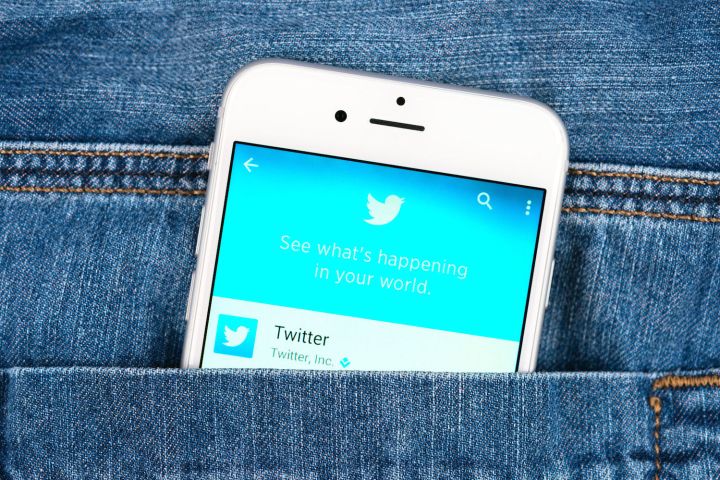
The review of the verified badge was first sparked last week when a known white supremacist that organized a deadly attack received the blue badge. Twitter said that the verification was meant to indicate that a person is actually who they say they are on the platform, and not as an endorsement. Recognizing that many users view the badge instead as just that — an endorsement, Twitter has since frozen all new applications for the verification and is currently building a new authentication and verification program.
In the meantime, Twitter has updated the guidelines relating to which users qualify for the blue badge, and it has already started removing the icon from users who don’t fit the bill. The new standards for verification now state that accounts that promote hate or violence, harass or incite harassment, threaten others or themselves, or share violent images are now excluded from the program. The list also includes any activity that violates Twitter Rules. And like the previous standards, changing the display name or bio to mislead users after getting that badge is also a reason for getting booted.
Twitter says it is continuing to review verified accounts “as we work towards a new program we are proud of.”
Last week, users spoke out after Twitter gave Jason Kessler, the organizer behind the United the Right rally that left one dead, the blue badge, even changing their display names to show they thought Twitter was making the wrong move. While many users support the change, others say that the icon should just indicate if the person behind the username is who they say they are, no matter what they support.
Twitter has come under fire several times over the past year for abuse on the platform and is now reworking policies after #womenboycotttwitter called attention to harassment. Last week, Twitter apologized for a bug that censored LGBT keywords. Twitter, alongside Facebook, is also working toward more transparency in advertising after a Russian group bought U.S. ads during the 2016 election.
Editors' Recommendations
- Twitter to revamp verified accounts with a new label
- Yes, Twitter is down right now, and we don’t know when it’ll be back
- Is Twitter good now? Only if it can enforce its new rules


